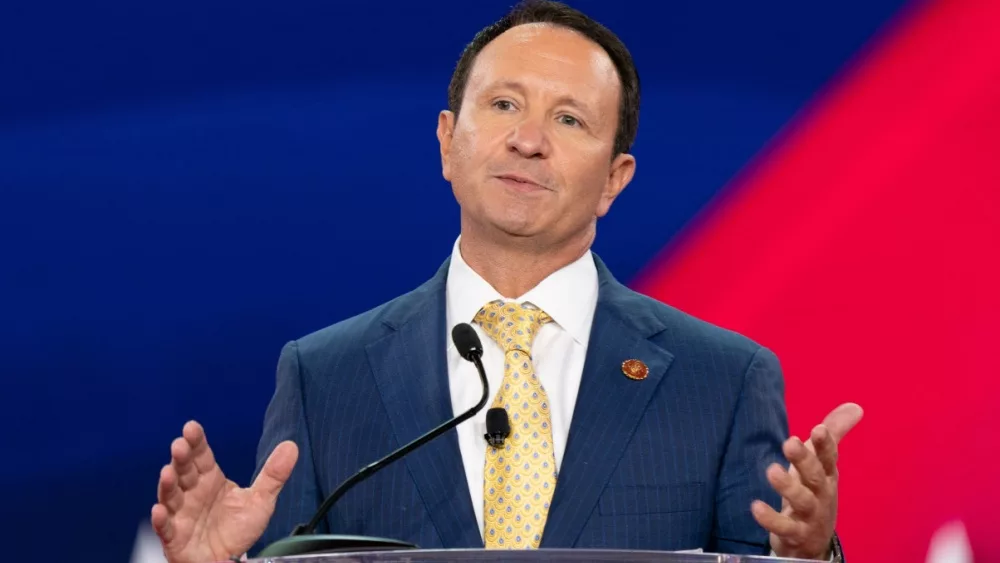On Tuesday, a federal judge blocked a Louisiana law requiring the Bible's Ten Commandments to be displayed in the state's publicly-funded schools. U.S. District Judge John deGravelles issued an order granting a preliminary injunction to temporarily stop its enforcement, writing that the law is "facially unconstitutional" and "in all applications" that will "irreparably harm." Judge deGravelles further ordered Louisiana Attorney General Liz Murrill to "provide notice to all schools that the Act has been found unconstitutional."
Gov. Jeff Landry had signed House Bill 71 into law after state lawmakers approved the measure, making Louisana the first state in the country to require the Ten Commandments be displayed in public elementary, high school and state-funded universities. The bill required the biblical inscriptions to be displayed in "large, easily readable font" inside classrooms by the start of 2025.
The Louisiana law had the support of President-elect Donald Trump, wrote on his Truth Social platform when the bill was signed into law: "I LOVE THE TEN COMMANDMENTS IN PUBLIC SCHOOLS, PRIVATE SCHOOLS, AND MANY OTHER PLACES, FOR THAT MATTER. READ IT -- HOW CAN WE, AS A NATION, GO WRONG??? THIS MAY BE, IN FACT, THE FIRST MAJOR STEP IN THE REVIVAL OF RELIGION, WHICH IS DESPERATELY NEEDED, IN OUR COUNTRY."
However, the lawsuit argued that requiring poster-sized displays of religious doctrine in classrooms violates the plaintiffs' First Amendment rights and the separation of church and state. The suit seeking to block the law was promoted by a broad coalition of parents of Jewish, Christian, Unitarian Universalist and nonreligious faiths with the American Civil Liberties Union and its Louisiana chapter, Americans United for Separation of Church and State and the Freedom from Religion Foundation. According to the complaint, the law, "sends the harmful and religiously divisive message that students who do not subscribe to the Ten Commandments ... do not belong in their own school community and should refrain from expressing any faith practices or beliefs that are not aligned with the state's religious preferences."
Editorial credit: lev radin / Shutterstock.com

